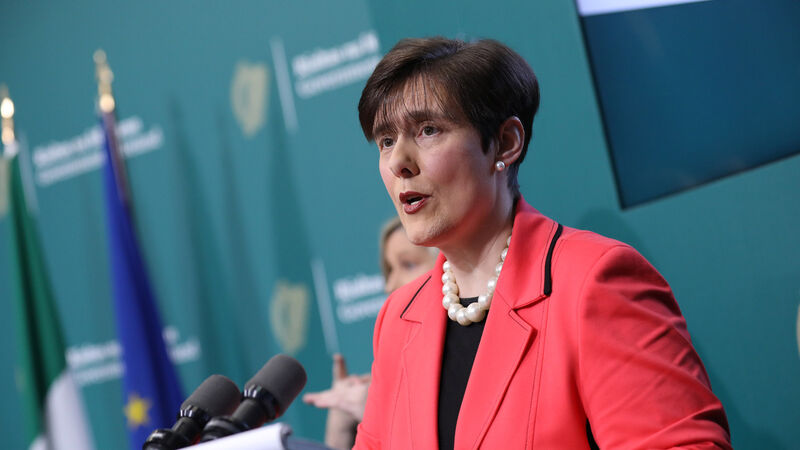Education minister to meet special-needs groups over schools reopening

Education minister Norma Foley has met with teaching unions to discuss the reopening of schools on February 1.
Education minister Norma Foley is to meet with representative groups about the reopening of special needs schools next week.
Ms Foley is to meet with Inclusion Ireland, Down Syndrome Ireland, and AsIAm on Monday.










